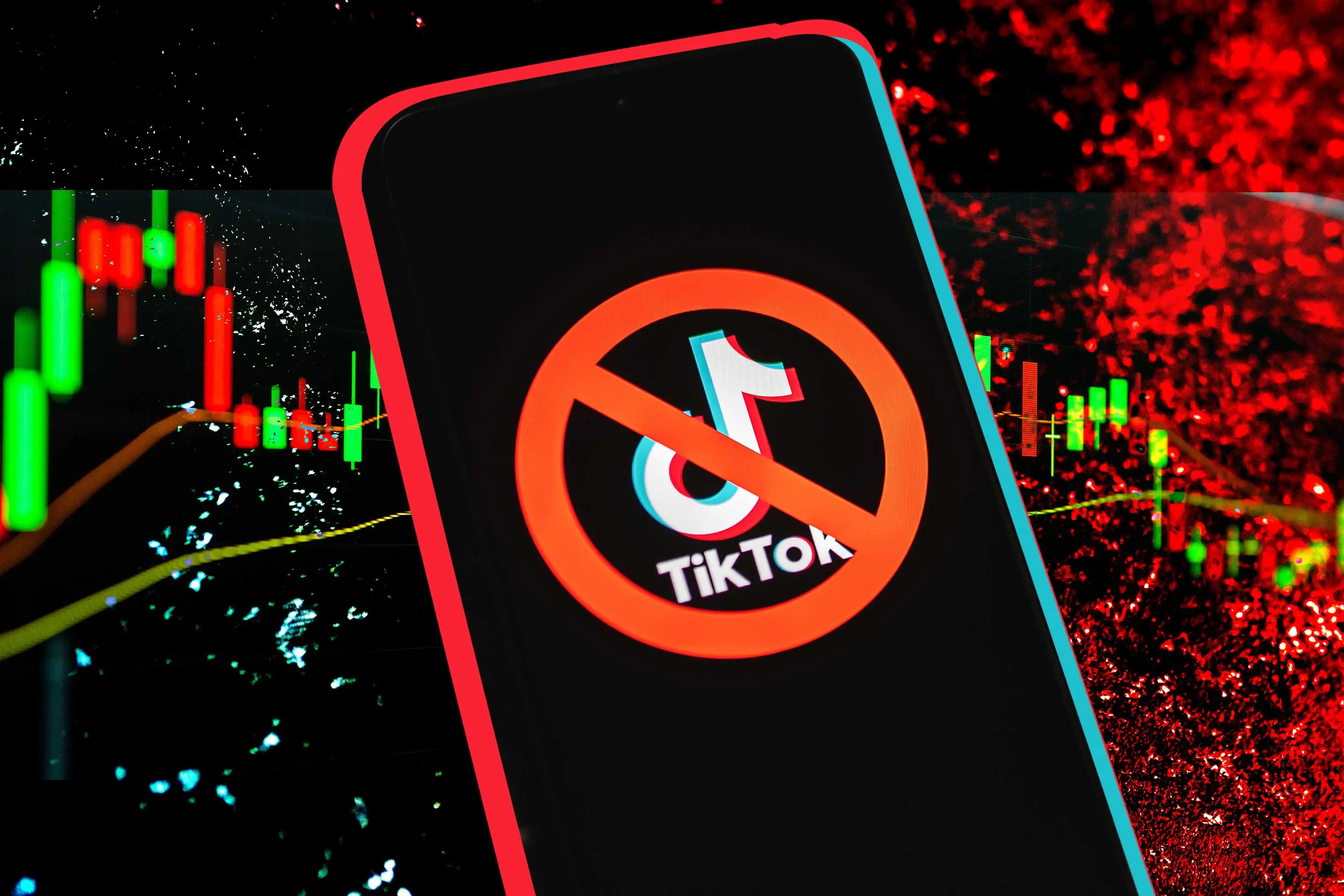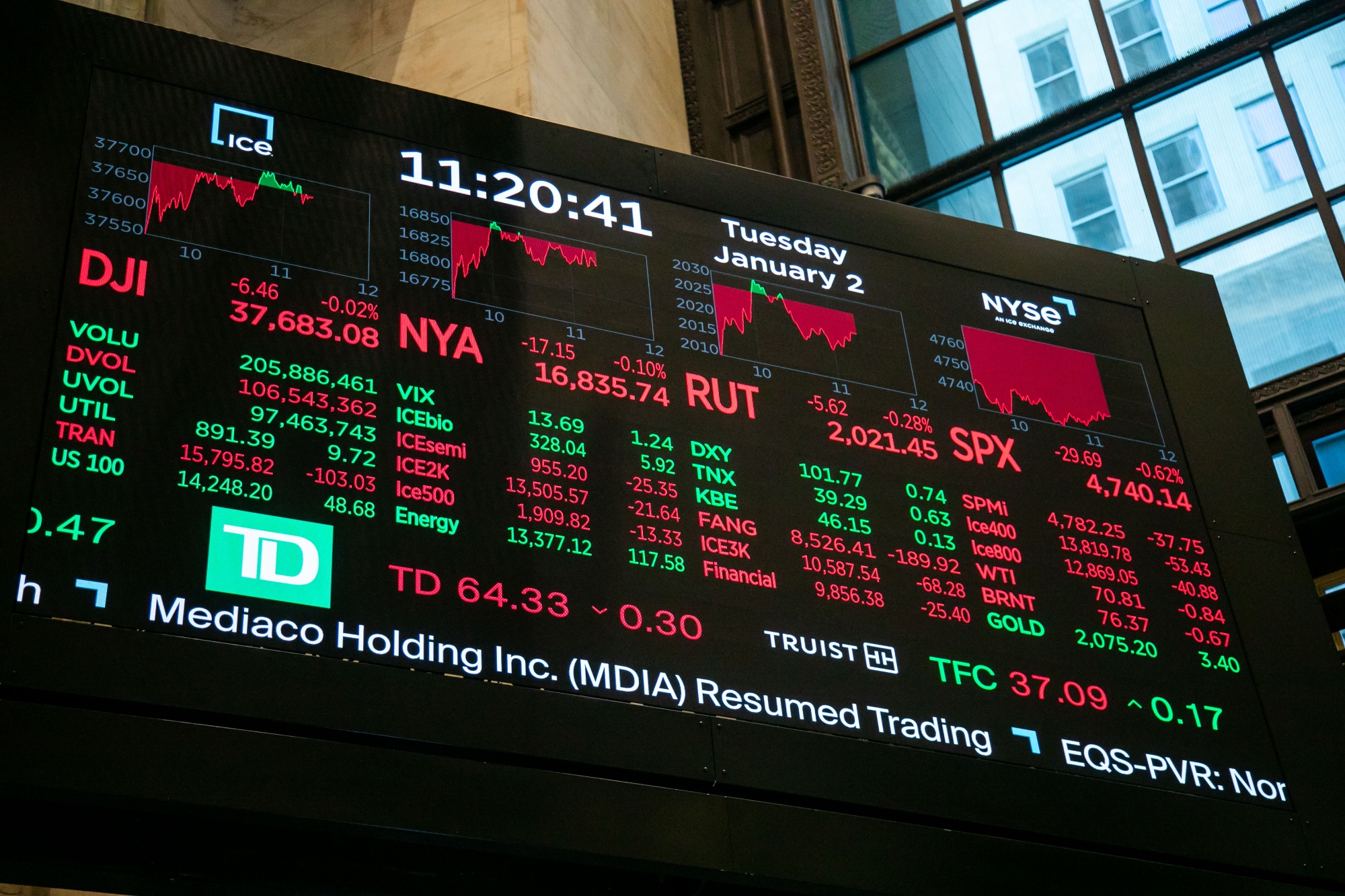EBay Faces Legal Challenge: Section 230 And The Sale Of Banned Chemicals

Table of Contents
eBay, a pioneer in online auctions and a dominant force in e-commerce, facilitates the buying and selling of millions of items globally. Its vast marketplace, however, also presents inherent challenges in regulating the sale of potentially harmful or illegal products. This lawsuit centers on allegations concerning the sale of banned chemicals on the platform, forcing a critical examination of eBay's liability and the future implications for online marketplaces. This article will analyze the legal challenge against eBay, focusing on the role of Section 230 and the broader consequences for the sale of restricted items online.
The Legal Challenge Against eBay: A Deep Dive
The lawsuit against eBay alleges the company's negligence in allowing the sale of dangerous and banned chemicals on its platform. The plaintiffs, [Insert names of plaintiffs and relevant details here, e.g., a group of individuals harmed by the illegal sale of chemicals, or a governmental agency], claim that eBay’s inadequate monitoring and enforcement of its policies enabled the sale of items that caused [Insert specific harm caused, e.g., injuries, environmental damage]. Significant damages are being sought, including compensation for medical expenses, environmental remediation, and punitive damages to deter future negligence.
Specific banned chemicals allegedly sold on eBay include, but are not limited to: fentanyl, certain pesticides (e.g., DDT), and various precursor chemicals used in the production of illegal narcotics. The lawsuit argues that eBay failed to take adequate measures to prevent these sales, despite knowing or having reason to know of the risks involved.
-
Key arguments presented by the plaintiffs:
- eBay failed to implement adequate monitoring systems to detect and remove listings of banned chemicals.
- eBay’s user reporting mechanisms were insufficient and unresponsive.
- eBay failed to adequately vet sellers and verify the authenticity of products listed.
- eBay profited from the sale of these dangerous chemicals, despite the known risks.
-
eBay's potential defense strategies:
- Claiming immunity under Section 230 of the Communications Decency Act.
- Arguing that the plaintiffs failed to adequately utilize eBay's reporting mechanisms.
- Contending that eBay took reasonable steps to prevent the sale of banned substances.
- Highlighting the difficulty of policing a platform of eBay’s size and scale.
Section 230 and Platform Liability: Understanding the Debate
Section 230 of the Communications Decency Act provides significant legal protection to online platforms, shielding them from liability for user-generated content. It essentially states that online service providers are not treated as publishers of information provided by their users. This protection is central to the debate surrounding eBay's potential liability in this case.
Arguments for eBay's immunity under Section 230 center on the idea that eBay is merely a platform facilitating transactions, not actively participating in or endorsing the sale of illegal goods. Conversely, the arguments against immunity highlight the alleged knowledge and/or negligence on eBay’s part in allowing these sales to persist.
- Key legal precedents related to Section 230 and online marketplace liability: [Cite relevant legal cases and rulings here].
- Arguments for why eBay should be held liable:
- eBay had knowledge of the illegal sales occurring on its platform.
- eBay failed to take reasonable steps to prevent or mitigate these sales.
- eBay profited from these illegal sales.
- Arguments for why eBay should not be held liable:
- eBay is a platform, not a publisher, and thus protected by Section 230.
- Policing such a vast platform is inherently difficult.
- The plaintiffs could have utilized eBay’s reporting mechanisms more effectively.
Implications for Online Marketplaces and the Sale of Regulated Goods
The outcome of this lawsuit will have far-reaching implications for other online marketplaces like Amazon, Etsy, and countless smaller platforms. It could lead to increased scrutiny of their policies regarding the sale of regulated goods, potentially resulting in stricter enforcement and more proactive monitoring. This applies not only to banned chemicals but also to other items subject to strict regulations, such as firearms, prescription drugs, and age-restricted products.
- Potential consequences for sellers on eBay and other platforms:
- Increased liability for sellers of regulated goods.
- Stricter verification and identification processes.
- Potential for account suspension or permanent bans.
- Potential changes in consumer protection measures:
- Enhanced reporting mechanisms and faster responses to reported violations.
- Improved verification of seller identity and product authenticity.
- Increased transparency regarding platform policies and enforcement.
Future of E-commerce Regulation and Section 230
This case contributes significantly to the ongoing debate surrounding Section 230 reform. The lawsuit's outcome could influence future legislation and regulatory changes impacting online marketplaces. The ongoing discussion revolves around balancing the need to protect free speech and innovation online with the responsibility to prevent the sale of harmful or illegal goods.
- Predictions for the future of online marketplace regulation:
- Increased regulatory oversight of online marketplaces.
- Strengthened enforcement of existing regulations.
- Potential changes to Section 230 to clarify platform liability.
- Potential impact on innovation and free speech online:
- Increased costs and challenges for smaller online marketplaces.
- Potential for censorship and restrictions on free speech.
- Need for a balanced approach that protects both user rights and public safety.
Conclusion: The Ongoing Legal Battle and the Future of eBay's Liability
The legal challenge against eBay underscores the complex relationship between online platforms, user-generated content, and the sale of regulated goods. The outcome will significantly impact the interpretation of Section 230 and set a precedent for other online marketplaces. The core arguments center on eBay’s liability for facilitating the sale of banned chemicals, with the plaintiff’s alleging negligence and eBay defending its position under Section 230.
Follow the developments in the eBay legal challenge closely. Stay updated on the Section 230 debate and its impact on online marketplaces. Learn more about the risks of selling banned chemicals online and the evolving regulatory landscape. This case's implications will reverberate throughout the e-commerce world for years to come, profoundly shaping the future of online sales and regulation.

Featured Posts
-
 Open Ai Unveils Simplified Voice Assistant Development
May 02, 2025
Open Ai Unveils Simplified Voice Assistant Development
May 02, 2025 -
 Almqarnt Byn Blay Styshn 5 Wblay Styshn 6
May 02, 2025
Almqarnt Byn Blay Styshn 5 Wblay Styshn 6
May 02, 2025 -
 Call For Change Nvidia Ceos Appeal On Ai Chip Export Restrictions
May 02, 2025
Call For Change Nvidia Ceos Appeal On Ai Chip Export Restrictions
May 02, 2025 -
 Are High Stock Market Valuations A Concern Bof A Says No Heres Why
May 02, 2025
Are High Stock Market Valuations A Concern Bof A Says No Heres Why
May 02, 2025 -
 Millions Made From Office365 Hacks Insider Threat Exposed
May 02, 2025
Millions Made From Office365 Hacks Insider Threat Exposed
May 02, 2025
